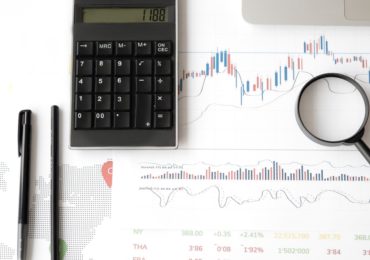
Sometimes it’s amazing how old stereotypes linger, even when plenty of data disprove them.
Here’s one I heard just the other day: Men are better investors than women.
It’s funny that that myth keeps hanging around, when there’s plenty of data showing that many men are overconfident about their investing skills, which can lead to poor returns.
My friend Kira Brecht wrote a great piece for U.S. News & World Report on the topic of men’s vs. women’s investment habits.
As it turns out studies show that many men are overconfident about their investing skills, while women tend to lack confidence. Neither approach is ideal.
Now, it’s true that on average, men’s retirement accounts are worth more. Naturally, that brings up the bugaboo of earnings inequality, which is a hamster trail I’m not prepared to follow, at the moment.
However, if two people each save 3% of their paycheck, the person with the larger paycheck will also have the larger savings account.
The Vanguard Group, one of the nation’s largest asset managers, released a study showing that men and women have similar savings habits, when it comes to stashing away money in employer-sponsored accounts.
Key findings include:
- Women are 14% more likely to participate than men in their workplace savings plan and once enrolled, save at higher rates than men at all income levels.
- Women and men take similar levels of portfolio risk, in part due to the growing use of target-date funds as defaults. Men at the margin are more likely to hold aggressive equity allocations and to trade.
- In the aggregate, men have account balances that are more than 50% larger than women. This difference reflects men’s average wages, not superior retirement savings behavior. Controlling for income, women save more in DC plans and have higher balances.
- The rising adoption of automatic enrollment is mitigating the differences in participation and saving rates between men and women. At first glance it appears that men are benefitting more from automatic enrollment than women. However, lower-wage individuals see the largest improvements from automatic enrollment and a higher proportion of women have lower wages than men.
Ultimately, the idea of who is a better investor – men or women – is not as important as developing good habits around money, and making good decisions. Contrary to the typical lists of financial “rules” that we read in the media, the process of making good money decisions looks different for everyone!
The Vanguard report is posted below. You may also download it here.







